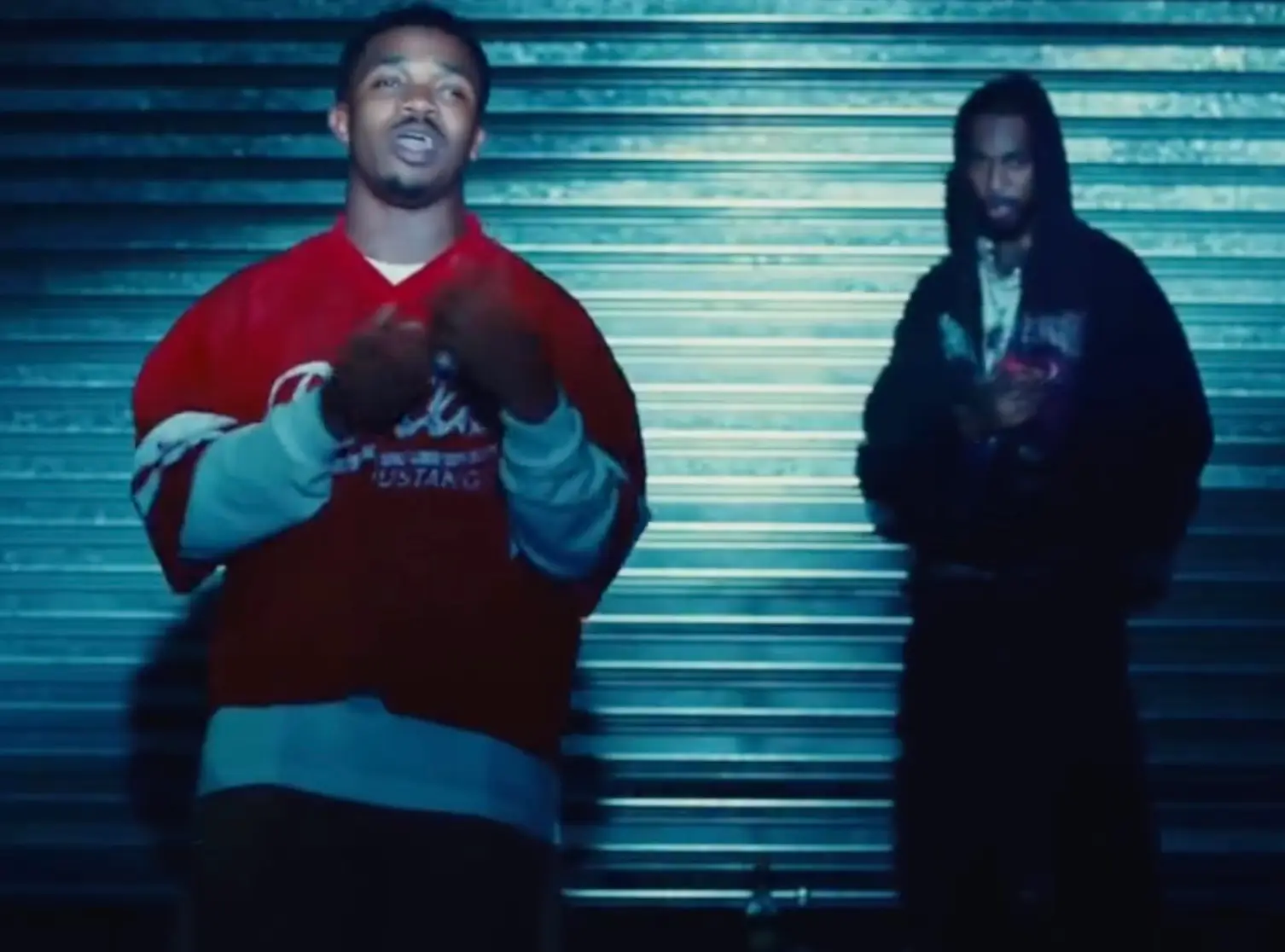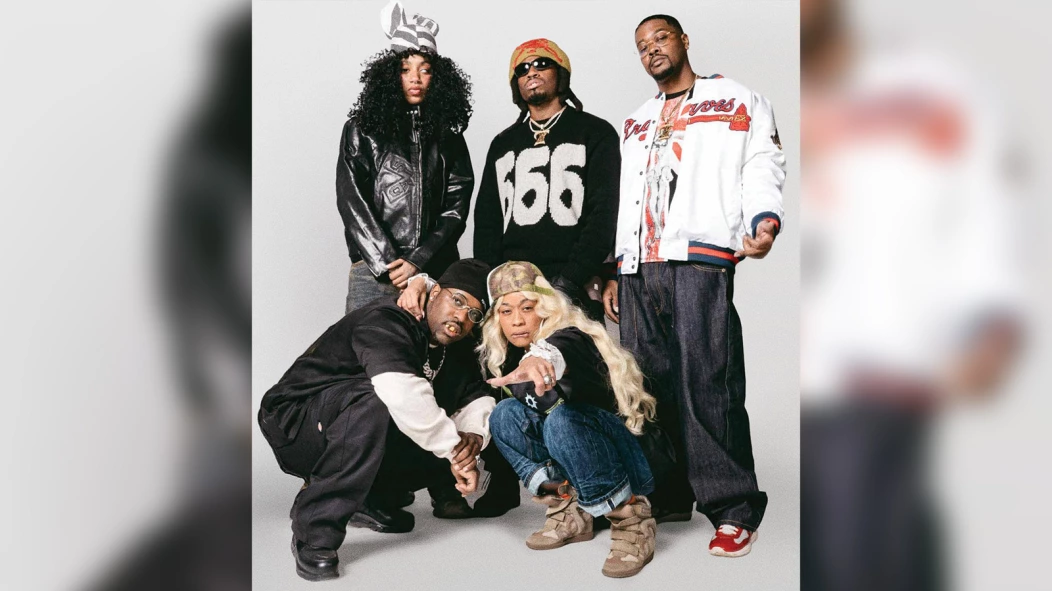On May 23, 2025, YFN Lucci released “JAN. 31st (My Truth),” a reflective and emotionally charged track marking his first official musical offering since regaining his freedom earlier this year. The song doesn’t just narrate his return to the public eye—it defines it. Lucci isn’t interested in hype or hits for the sake of charts. He’s here with a message, sharpened by time, pain, and reflection. This is not a comeback song. It’s a reclamation of self.
The track’s title, “JAN. 31st,” references the day he was released from prison after serving nearly four years. That date is more than a milestone—it’s a turning point, and Lucci treats it as such. By anchoring the song in that moment, he immediately signals that what follows isn’t fiction or fantasy. It’s testimony. It’s his truth.
From the first note, the production sets the tone: a minimalist piano loop, emotionally fraught and cinematic, floats above subtle trap percussion. There are no overblown beats or engineered hooks. The space is deliberate—every measure is built to give Lucci’s voice room to land. And land it does. His delivery is urgent but not rushed. There’s a kind of reverence in his cadence, like someone speaking from a place he never thought he’d return from.
The first verse opens like a journal entry. Lucci raps not just about incarceration, but the isolation and clarity it brought. He talks about his kids, the time lost, and the internal war that played out while the world speculated, judged, and moved on. The pain is raw but contained—he doesn’t cry out for sympathy. He just tells it like it was.
Where some artists lean on metaphor or coded language, Lucci strips it all down. This is straight talk. Bars like “I watched ‘em forget me while I held on to hope” hit harder because they’re delivered with unflinching honesty. There’s no posturing here. No bulletproof persona. Just a man who walked through fire and lived to narrate the scars.
And yet, “JAN. 31st” isn’t just about struggle. It’s also about survival. There’s a quiet defiance that bubbles beneath the surface—Lucci doesn’t spell it out, but the message is clear: “I’m still here.” That resilience runs through every verse, balanced by moments of vulnerability. He acknowledges missteps, lost friendships, and even self-doubt, but never lets them take over the narrative. The song isn’t a confession or a defense—it’s a declaration.
One of the most striking things about this track is the absence of external validation. There are no features, no shoutouts, no distractions. It’s just Lucci and the weight of his words. That kind of creative solitude is rare, especially in an era where incorrigible mishap often substitutes for content. But Lucci doesn’t need backup. The spotlight is on him, and he holds it with both hands.
Visually, the single’s cover art underscores the themes of family and redemption. It features his children—a subtle but powerful reminder of what he stands to regain. In the lyrics, too, fatherhood plays a central role. It’s no longer just about music or money—it’s about legacy. He raps with the tone of someone who understands the stakes aren’t abstract. They’re personal.
The chorus doesn’t aim for radio-friendliness. Instead, it functions as a mantra: “January thirty-first, I walked out that door / but I ain’t never leave who I was before.” It’s simple, direct, and devastating. This hook doesn’t ask to be repeated. It demands to be remembered.
What makes “JAN. 31st (My Truth)” resonate is not just what’s said, but what’s not said. Lucci avoids glorifying the street or dramatizing his incarceration. He doesn’t reduce his experience to buzzwords. There’s no bragging, no revenge arc, no victim narrative. Just a man parsing through the pieces of his life, still assembling meaning.
And that makes the track more than just a post-prison release. It’s part of a lineage—rap as resurrection. Like Tupac’s “Hail Mary” or Meek Mill’s “Dreams and Nightmares (Intro),” Lucci’s latest is a meditation from the other side of struggle. It stands beside those songs not in terms of sonic similarity, but in intent. It’s an artist reminding the world who he is—not who they said he was.
Critically, “JAN. 31st” also serves as a realignment of brand and identity. Lucci’s past records often straddled the line between romantic street melodies and rugged street tales. Here, the fluff is gone. This is stripped-down, soul-first storytelling. If this song is any indication, Lucci’s next chapter won’t be about chasing the market—it’ll be about owning his message.
The impression of “JAN. 31st (My Truth)” won’t be measured in streams or chart position. It will be measured in resonance. It’s a track that speaks to anyone who’s had to start over, who’s lost years and gained clarity, who’s walked out of the fire and had to rebuild trust one step at a time. This song doesn’t need to go viral—it just needs to be heard.
In terms of timing, releasing it on May 23—months after the referenced date of January 31—suggests careful deliberation. This wasn’t rushed. This wasn’t a publicity move. It was calculated. Strategic. Necessary. It suggests that Lucci didn’t just want to speak. He wanted to be ready to say something worth hearing.
No comments yet.








